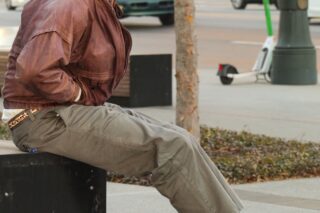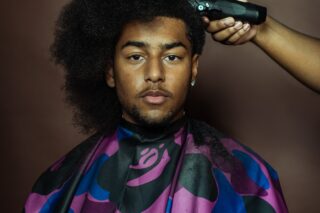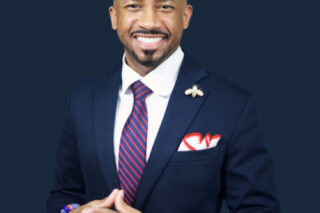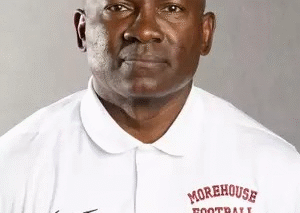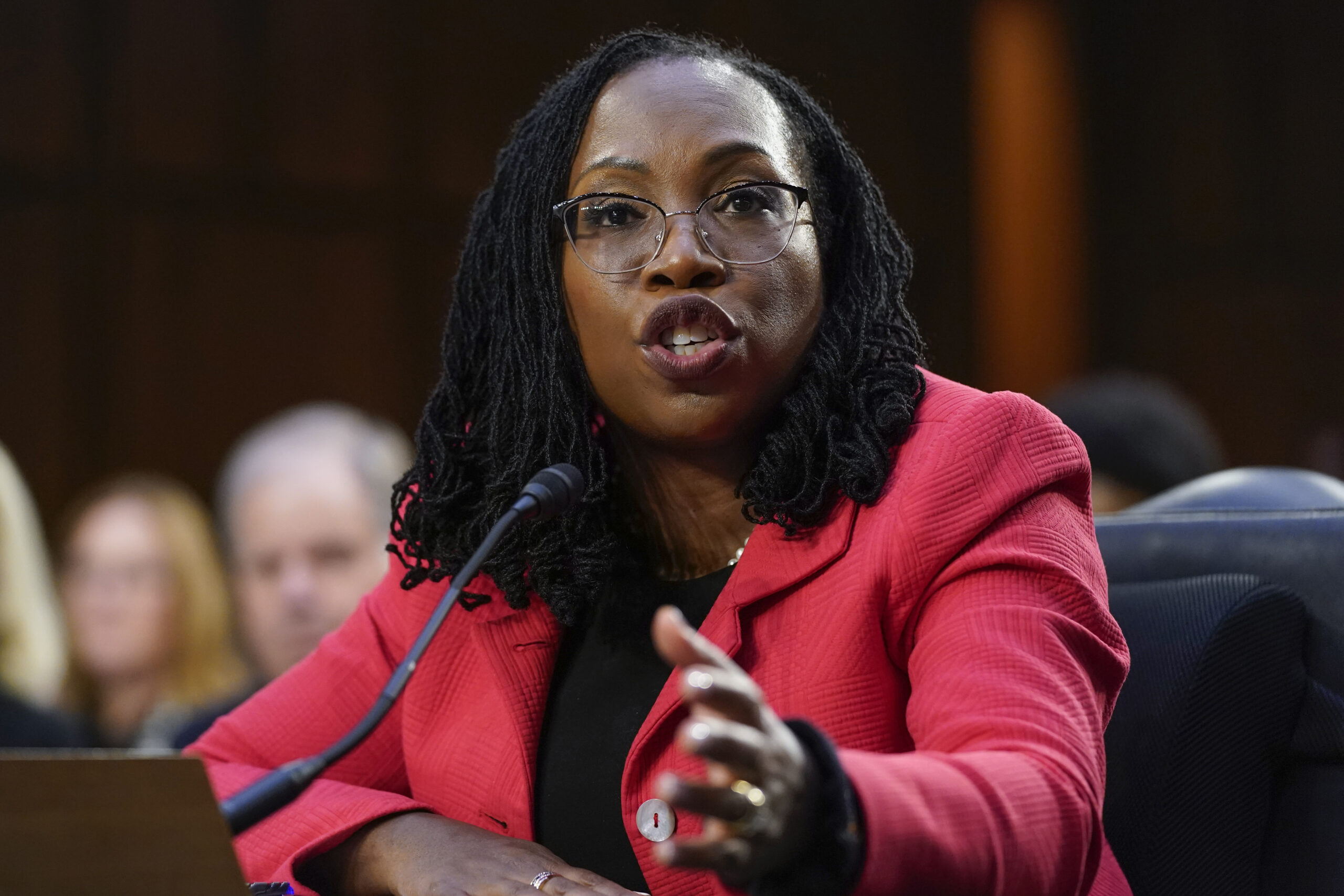Marcus Hughes, Staff Writer
Jamel Myles, a nine-year-old student from Denver, CO, told his mother, Leia Pierce, that he identified as gay. She supported him and encouraged him to authentically express himself after coming out to her. Jamel later came out to his peers at school, unfortunately it resulted in him being harassed by other students for wearing press-on nails to class.
On Aug 23, four days after making his bold statement the nt of self-expression, Jamel Myles committed suicide in his home.Shortly after the news broke, the internet was alight with debate. With people making statements such as: “Was he old enough to know,” “How could he be sure if he hasn’t been with a woman,” “What do nine-year-olds know about suicide,” and things of that nature.
Comments of this magnitude are red flags signaling that the narratives around identity and mental health must change in the United States.
Identity should be recognized as a personal journey. Each of us has a quirk or two about ourselves that we may keep hidden for fear of judgement.
Jamel knew his identity, and even made it a point to share it with his peers. Parents could take on the role of explaining to their children that we live in a world where differences should be welcomed and embraced to teach a lesson and introduce us to things unknown.
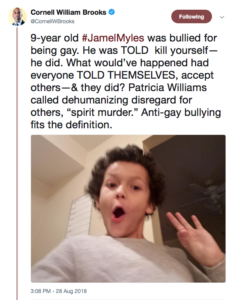
Paying closer attention to our children and their state of mind is also important because underlying issues that go unaddressed like this can lead to issues later in life. LGBTQIA+ youth find themselves in the crosshairs of bullying which takes a toll on their education. One study found that more than one-third of gay respondents had missed an entire day of school in the past month because they felt unsafe there. According to Mental Health America LGBTQIA+ youth stated that bullying is their second biggest problem. Making it harder for them to be open with their peers and teachers while in school. Bullying not only affects LGBTQIA+ individuals in elementary and high school, it can also affect LGBTQIA+ individuals in college as well.
With organizations such as Safe Space, Afrekete, and Empty Closets, the AUC has had a hub where members of the LGBTQIA+ community can go and find solidarity.
Due to attending these respective institutions, we are employed to make a positive change in the world. Homophobia is one of the many detrimental ideologies that we as students are encouraged to combat.
Stories like Jamel Myles are why the students of the AUC are constantly battling homophobia. This is why organizations like Safe Space, Afrekete, and Empty Closets are important in creating spaces where people can be accepted regardless of sexuality or gender identity. It is also important that these spaces reach out not only to individuals who identify as LGBTQIA+ but their heterosexual peers. By doing this the organization not only addresses LGBTQIA+ problems, they also take time to teach and inform their heterosexual counterparts about the importance of acceptance.
Mental health is not something that should be referred to in hindsight after a tragedy, but rather should be taught from as young an age as possible. Jamel was described as a happy kid, and many from his community were shocked to hear the news.
Jamel’s suicide should not have happened in vain. It cannot be undone, but change can still come from it. The conversations we have as a nation, especially in the wake of tragedy, should evolve over time to take into consideration that all walks of life are not the same, and should be evaluated with an open mind. The only way we can advance as a group is if we choose to face these issues together and work to include young people.

